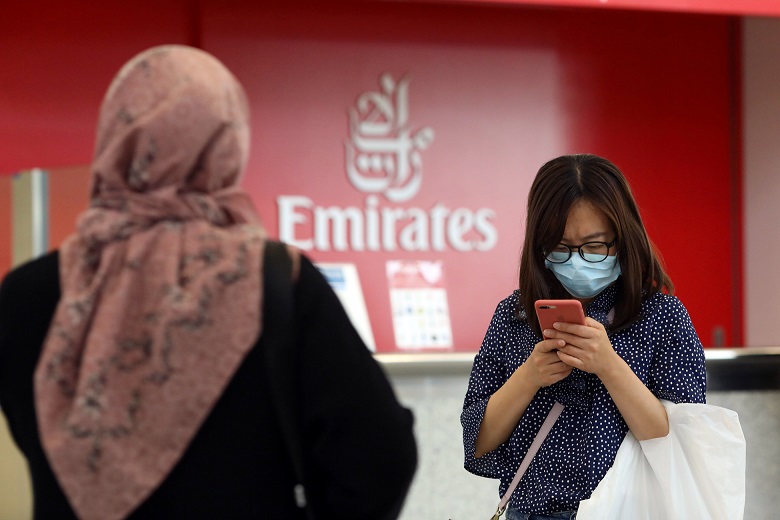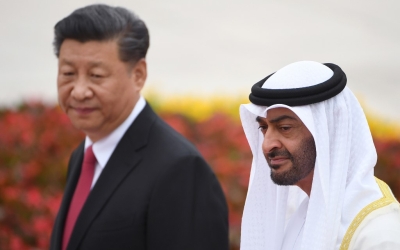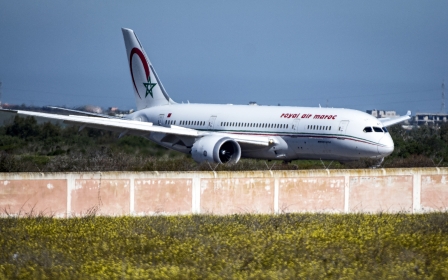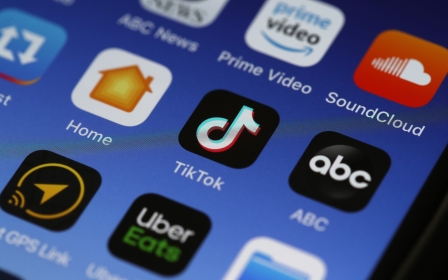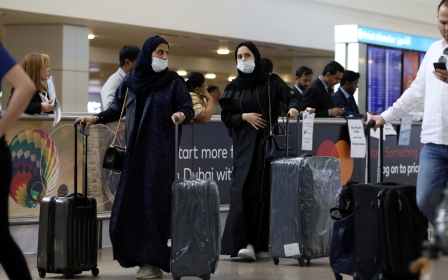Quiet malls, empty streets: Coronavirus fears dampen Dubai's peak tourist season
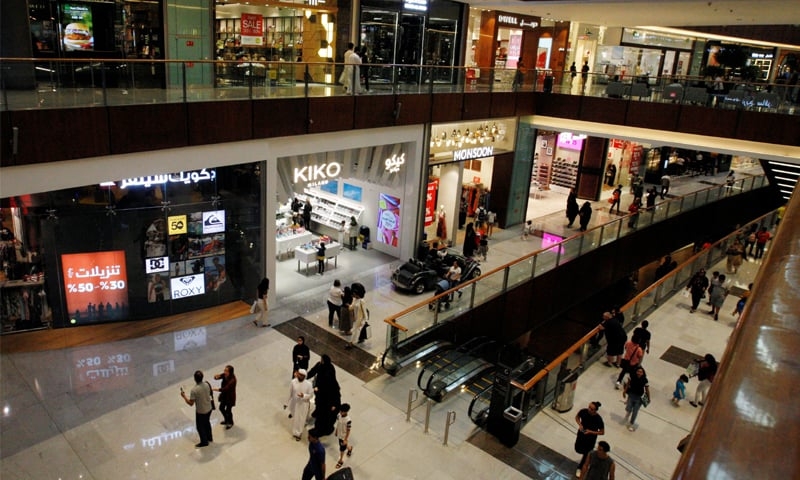
With a perfect mix of good weather and citywide sales, Dubai usually draws large crowds of foreign visitors in the dead of winter.
But there is evidence that the coronavirus, which has killed more than 600 people and spread to two dozen countries including the Emirates, has put a damper on the usual prowl for winter sun and discounted luxury goods this year.
'No one is going out anymore. It has to be virus. Why else wouldn’t people come out?'
- Waiter at restaurant in Jumeirah
Right as the Gulf tourist season was hitting its stride, the Emirates suspended all flights going to and coming from China, except Beijing, last week.
While taking measures in line with many other countries around the world to limit the virus’ spread, the ban also locks out Chinese tourists whom Dubai has been increasingly trying to attract. Nearly 3 million Chinese tourists visited the UAE in 2018.
Workers at the Mall of the Emirates and the Dubai Mall this week said that foot traffic was noticeably down, despite the recently held Dubai Shopping Festival.
Inside Gucci, sales assistants accustomed to offering a hand with high-end purses were assisting customers with surgical masks. At a nearby food court, a masked worker fried some falafel.
“You’re wearing your mask inside out,” a Chinese customer, clutching a Chanel shopping bag and sporting his own mask, warned the man who didn’t seem to understand.
Outside, an Uber driver said he had been idling, waiting for any sign of a customer.
“I was waiting at the Dubai Mall for two hours, and nothing. Luckily, I turned on Uber and got a fare. It was my first customer after four hours of working,” he said.
The city, he added, seemed empty to him, either because people had left or were unwilling to gather in large, public spaces, possibly due to the virus scare.
A waiter at an Asian restaurant in the beachside Jumeirah neighbourhood - home of several luxury hotels, including the Burj Al Arab - said he was surprised by the downturn in business at a traditionally busy time.
“It’s just not the same. No one is going out anymore. It has to be virus. Why else wouldn’t people come out?” he asked.
Searching for masks
Last month, the UAE became the first country in the Middle East with confirmed cases of the virus. The five infected patients, all members of one family, were visitors from Wuhan, the Chinese city at the centre of the epidemic.
According to a Ministry of Health and Prevention official, the visitors arrived in the UAE on 16 January.
This week, the UAE launched a predictive electronic system to help healthcare workers detect potential cases of the virus as early as possible.
The system employs a series of advanced clinical algorithms to identify patients at high-risk for having contracted the illness.
Around the city, others are taking measures into their own hands.
A waitress at the Address Downtown said the hotel’s entire staff had been trained on coronavirus prevention and that there were now hand sanitiser bottles stationed throughout the facility to insure that employees maintained hygienic standards.
Heela, an NGO worker visiting from the US, said she and her friend, who was visiting from Turkey, went to several pharmacies downtown and in Jumeirah looking for masks.
“They all either said they were out or had signs saying they had no more masks,” she said.
This article is available in French on Middle East Eye French edition.
Middle East Eye propose une couverture et une analyse indépendantes et incomparables du Moyen-Orient, de l’Afrique du Nord et d’autres régions du monde. Pour en savoir plus sur la reprise de ce contenu et les frais qui s’appliquent, veuillez remplir ce formulaire [en anglais]. Pour en savoir plus sur MEE, cliquez ici [en anglais].


